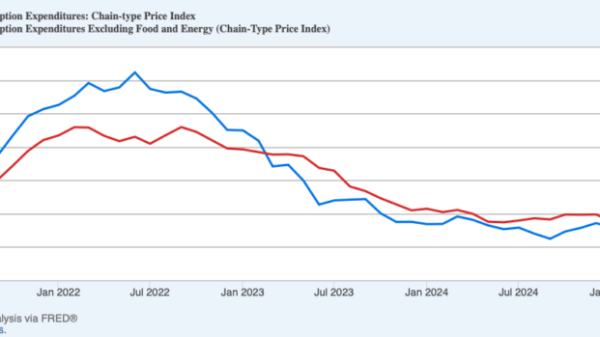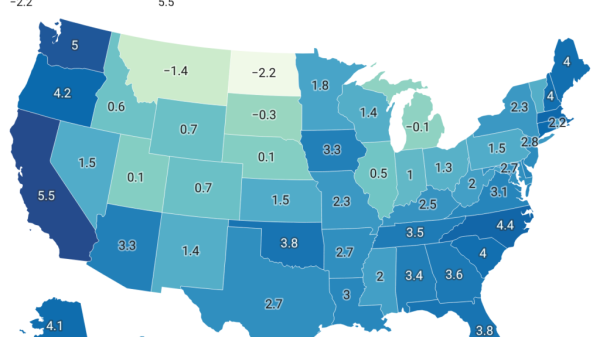European aerospace giant Airbus SE is painting a picture of a dramatically busier future for global aviation, predicting the world’s commercial aircraft fleet will nearly double to almost 50,000 planes over the next two decades.
This surge, according to Airbus’s latest global market forecast, will be significantly propelled by rapid expansion in emerging markets like India, where a burgeoning middle class is increasingly embracing air travel.
In its comprehensive outlook, which encompasses both its own aircraft and those of competitors like Boeing Co., Airbus anticipates the global in-service fleet will swell by an additional 24,480 units, reaching a staggering 49,210 aircraft by the year 2044.
The lion’s share of this growth, Airbus noted, will come from single-aisle aircraft – the workhorses of the industry, such as the Airbus A320 family and Boeing’s 737 models, which form the backbone of many airline fleets worldwide.
The plane manufacturer identified India’s domestic network as poised to become the fastest-growing aviation market globally over the next two decades.
Meanwhile, China is projected to emerge as the largest aviation market by capacity within the same timeframe.
On a global scale, Airbus expects passenger traffic to advance at a steady clip of 3.6% annually over the long term, with routes to and from the Middle East also highlighted as another key driver of this anticipated growth.
Navigating a complex horizon: trade tensions and supply snags
Commercial aircraft are among the longest-cycle industrial products, granting manufacturers like Airbus and Boeing unique insights into travel trends that stretch out for decades.
Airbus released its latest forecast against a backdrop of tense global trade negotiations.
These ongoing disputes threaten to complicate the movement of aircraft and their essential components, potentially creating headwinds for production output and jet deliveries.
Despite these overarching uncertainties, Airbus indicated that airlines have not curtailed their appetite for new models.
This holds true even as the unpredictability created by US President Donald Trump’s global tariffs prompts some consumers to rein in spending and forces certain carriers to adopt a more cautious outlook for the remainder of the year.
“With the possible exception of maybe the more domestic US market, we have not seen an inflection fundamentally in demand from our customers,” Christian Scherer, the chief executive officer of Airbus’s commercial aircraft unit, stated at a briefing in Toulouse, where Airbus is headquartered.
We see continued traction and demand for our products.
While supply-chain disruptions that accumulated during the pandemic are gradually easing, Airbus acknowledged that it continues to experience shortfalls in some critical parts.
Scherer specifically mentioned a lack of engines from CFM International for its popular A320neo model, as well as a shortage of toilets for its flagship A350 long-haul jet, both of which have hampered aircraft deliveries.
India’s aviation ascent: a crucial driver of Ffuture demand
India, already recognized as the world’s third-largest domestic aviation market, is set to play an increasingly pivotal role in shaping future aircraft demand.
The significant growth in the number of more affluent individuals within the nation of over 1.4 billion people makes it a crucial engine for the industry’s expansion.
This was evident at the International Air Transport Association (IATA) annual general meeting held in New Delhi this month, where numerous airlines—both foreign and domestic—announced a range of initiatives to either launch new services or increase existing flight frequencies to and from the South Asian nation.
The country has firmly established itself as a major buyer of commercial aircraft.
National carrier Air India Ltd. has placed orders for an impressive 570 planes from both Airbus and Boeing since 2023.
IndiGo, India’s leading low-cost specialist, currently boasts an order book of more than 900 Airbus planes, a figure that includes a recently expanded purchase of 60 A350 widebody aircraft, underscoring the immense scale of India’s aviation ambitions.
The post Airbus sees aviation boom ahead, global fleet to near 50K by 2044 with India in lead appeared first on Invezz



























